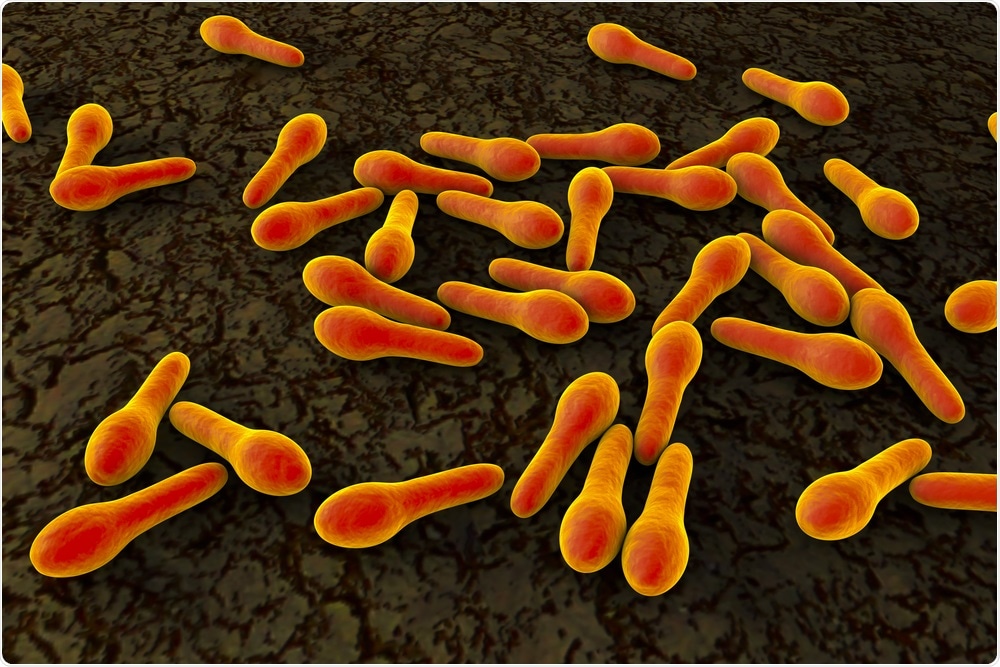
The donor stool that was used for the transplants contained a relatively rare type of drug-resistant bacteria called extended-spectrum beta-lactamase-producing E. coli (ESBL-producing E. coli).
The events prompted the FDA to set new safety guidelines for fecal microbiota transplants, but the announcement had provided little detail about the two cases, leaving doctors wanting more information.
Now, further details have been disclosed in an article published in the New England Journal of Medicine (NEJM) on Wednesday.
The man received transplant capsules that contained the resistant bacteria
The man who died had been a participant in a clinical trial at Massachusetts General Hospital (MGH) and had received fecal transplant capsules (made in November) with fecal material from a stool donor. Tests that were run after the man died revealed that the stool contained the rare strain of drug-resistant E. coli.
Scientists at MGH had begun screening for this type of bacteria in January, but they did not test capsules that had already been produced: “We didn’t think of it. The prevalence of these organisms in healthy individuals is so low,” says Elizabeth Hohmann who runs the laboratory at MGH that made the capsules. “In retrospect, it was like, ‘Oh, my gosh, of course we should have done that.’ But it didn’t happen.”
Fecal microbiota transplants are still an “investigational” procedure
For many years, fecal transplants have been offered to people with C. difficile, a severe infection that kills more than 15,000 people in the U.S every year.
Clinical trials have previously shown that FMTs can cure this often persistent infection. An increasing number of people are also receiving transplants for other conditions such as peanut allergy, Chron’s disease and obesity.
However, the FDA announced through a spokesperson that the procedure is still considered “investigational,” even in the case of C. difficile infection.
Twenty-one other participants received capsules made from the same stool
Two trials are being conducted at MGH; one is investigating the effects of FMT before a stem cell transplant and the other is investigating the effects on hepatic encephalopathy, a brain disorder that can develop in people with chronic liver disease.
Across both trials, twenty-one other participants received fecal microbiota transplant capsules from the donor (identified as donor 46) whose fecal material contained the resistant bacteria. One of those participants reported serious side effects. A number of others tested positive for the bacteria, but had not become ill.
Donors had undergone intensive screening
All individuals who donated stool underwent intense screening, including blood tests, a review of their medical history and tests for other types of resistant bacteria such as methicillin-resistant Staphylococcus aureus (MRSA).Some of the capsules that were made from the stool of donor 46 were frozen and kept for any further testing that may be needed. In May, when MGH doctors realized the donor 46 capsules may be the source of infection, those stored samples were then tested and blood samples were taken from affected patients.
Those tests revealed that the bacteria found in the patients’ blood and in the capsules were of a similar genetic makeup and were resistant to similar antibiotics. The bacteria had also not been identified in stool samples taken from the patients prior to transplant.
“It’s pretty clear that these are identical strains,” says Hohmann. “It’s more likely I’m going to win two lotteries than that this is not related [to the capsules]. I think this is definitive.”
The bacterial strain is listed by the CDC as a “serious threat”
The ESBL-producing E. coli found in the capsules is relatively rare in the general population, with data suggesting that just 1% to 2% of people in the United States are carriers of it, says Clifford McDonald, from the Centers for Disease Control and Prevention’s (CDC) Division of Healthcare Quality Promotion and an expert on C. difficile infections.
Although rare, the bacterium is still considered a serious problem because it is resistant to so many antibiotics; it is listed by the CDC as one of twelve bacteria that are considered “serious threats”.
An MGH spokesperson confirmed that Donor #46 appears to be healthy and did not require any treatment. They were not told about the incidents associated with the capsules made with material from their stool.
The report should ring alarm bells
Alexander Khoruts, medical director of the Microbiota Therapeutics Program at the University of Minnesota, says that the NEJM report should “set off alarm bells for those who thought that this was risk free.” He says the MGH researchers “did the right thing” by sharing the details.
Khoruts adds that he hopes the report will mean that physicians and researchers proceed with more caution in future when it comes to FMTs and will recognize that the field is far more complicated than they might have thought.
Journal reference:
DeFilipp, Z., et al. (2019). Drug-Resistant E. coli Bacteremia Transmitted by Fecal Microbiota Transplant. NJEM. DOI: 10.1056/NEJMoa1910437.






No comments
Post a Comment